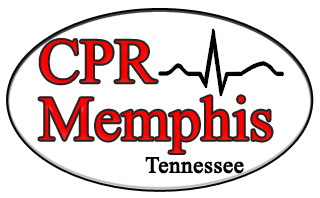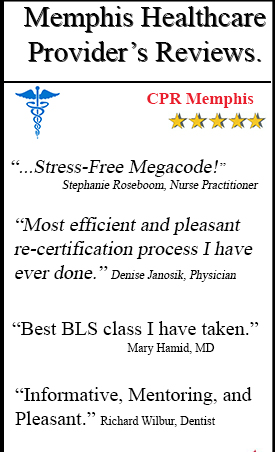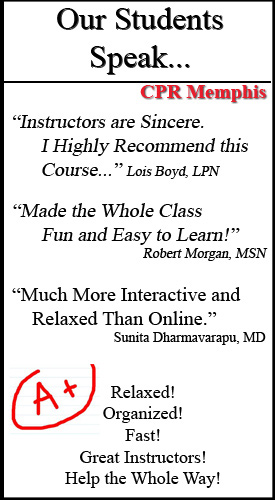Basic Life Support (BLS) certification is a crucial credential for healthcare providers and first responders, encompassing essential skills such as cardiopulmonary resuscitation (CPR) and automated external defibrillator (AED) use. These skills are vital not only for professionals but for anyone looking to make a difference in emergencies. By obtaining BLS certification, you can be prepared to save lives, whether you work in a medical setting or find yourself in a situation where immediate action is needed.
Step 1: Understand the Requirements
Several organizations offer BLS certification, with the American Heart Association (AHA) and the American Red Cross (ARC) being the most prominent. Before enrolling in a course, it’s important to understand the prerequisites and eligibility criteria set by these organizations. For example, the AHA offers different courses tailored to various audiences, such as the Heartsaver course for the general public and the Healthcare Provider course for medical professionals. Understanding these differences will help you choose the right course for your needs.
Step 2: Choose Your Training Option
BLS training is available in several formats to suit different learning styles and schedules:
- In-person classroom courses: These provide direct interaction with instructors and peers, which can enhance learning through immediate feedback and hands-on practice. However, they require you to attend sessions at a specific location and time.
- Online with skills test (blended learning model): This option combines online coursework with an in-person skills test. It offers flexibility in completing the theoretical part at your own pace, followed by a practical session to demonstrate your skills.
Step 3: Find an Approved Training Center
To ensure the quality and credibility of your certification, it’s essential to enroll in a course provided by an authorized training center. You can locate approved sites through the AHA or ARC websites, or by contacting local hospitals and community centers. When selecting a provider, consider factors such as the center’s reputation, the qualifications of the instructors, and the convenience of the location and schedule.
Step 4: Prepare for the Course
Preparation is key to success in BLS training. Gather required materials such as the course manual and a pocket mask. Familiarize yourself with core concepts like the CPR chain of survival, and practice techniques such as chest compressions and rescue breathing. This preparation will help you feel more confident and capable during the course.
Step 5: Complete the Training
A typical BLS course lasts between 4 to 6 hours and includes a mix of lectures, instructional videos, and hands-on practice. You will work with manikins and AED trainers to simulate real-life scenarios, gaining practical experience in performing CPR and using an AED. The interactive nature of the course ensures that you not only learn the techniques but also understand when and how to apply them effectively.
Step 6: Pass the Skills Test
To earn your BLS certification, you must pass a skills test that demonstrates your ability to perform CPR sequences correctly and use an AED properly. The test will assess your technique, timing, and adherence to guidelines. Meeting the criteria for the practical exam is essential to ensure you can perform these life-saving actions in an emergency.
Step 7: Obtain Your Certification
Upon completing the course and passing the skills test, you will receive your BLS certification. This typically includes a certification card, a certificate, and possibly digital credentials. Certification is usually valid for 1 to 2 years, after which you will need to renew it to stay current with the latest protocols and practices.
Step 8: Maintain and Renew
Keeping your BLS certification current is crucial. Regular refresher training helps reinforce your skills and ensures you remain up-to-date with any changes in resuscitation protocols. You can renew your certification through shorter renewal courses or by re-taking the full program, depending on how long it has been since your last certification.
Conclusion
Following this step-by-step roadmap will guide you through the process of obtaining and maintaining your BLS certification. By investing in this valuable training, you equip yourself with the skills needed to respond effectively in emergencies, potentially saving lives. If you are in the Memphis area, consider enrolling in BLS certification and CPR certification courses at CPR Memphis. They offer comprehensive and reputable training that will prepare you for real-life emergencies. Celebrate your achievement and consider pursuing further training to expand your knowledge and capabilities in life support. Don’t wait—take the first step towards obtaining your BLS certification Memphis and CPR certification Memphis today!





